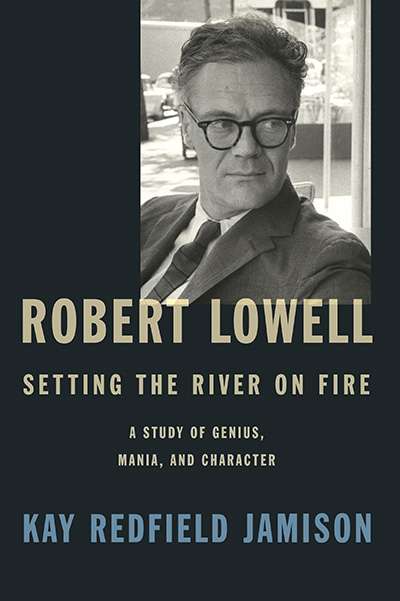At his death in 1977, Robert Lowell was considered one of the greatest and most influential American poets of the century. He had absorbed the academic formalism of the Fugitives and New Critics, but had gone beyond it with a humanising anger, the suffering visions of a manic-depressive. Among the Confessional Poets – as W.D. Snodgrass, Anne Sexton, Sylvia Plath and others had come to be called – he was loftier, more prodigious and prolific. Seamus Heaney, who outgrew Lowell’s influence to become a figure of global importance, called him our ‘master elegist / and welder of English’. Not wielder, but welder. Lowell forged his poems, putting words together like pieces of steel. Another critic called his early style ‘imbricated’ for its packed masonry of sound.
...
(read more)


